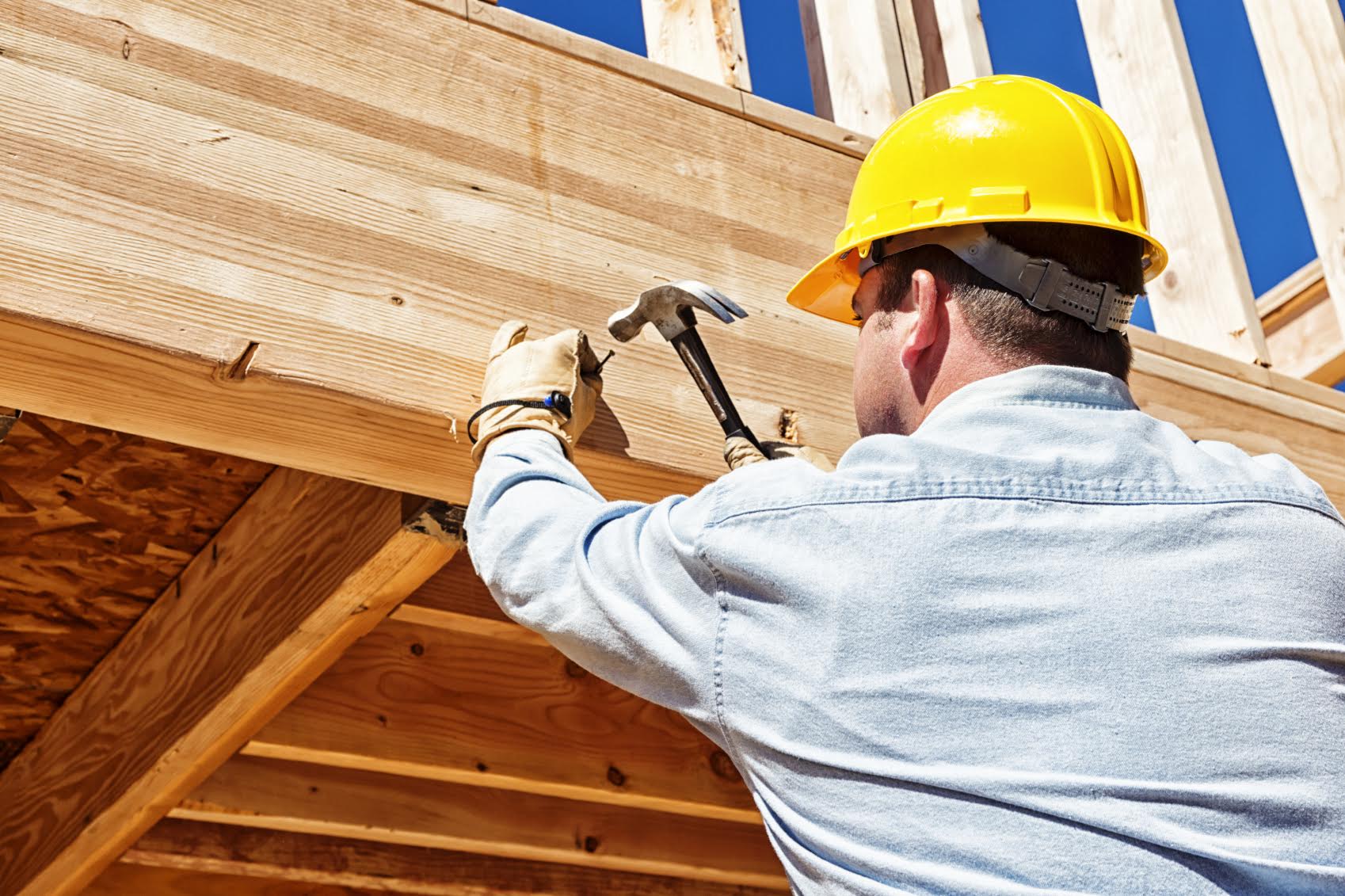
Specialized Nails
For each application, there are nails that have been designed to offer the appropriate strength and grip. Some  materials even have custom-made nails for each product. Using the right nail for each job will mean that your work lasts longer and can reduce expensive callbacks. For example, using the incorrect nail for a sub-floor installation could result in squeaky floors, uneven surfaces and bounce.
materials even have custom-made nails for each product. Using the right nail for each job will mean that your work lasts longer and can reduce expensive callbacks. For example, using the incorrect nail for a sub-floor installation could result in squeaky floors, uneven surfaces and bounce.
Nails can be common or sinkers with common nails having a flathead while sinkers have a corrugated head. This helps to provide grip for hammers so that they don’t glance off the nail head. Sinkers often have a coating which provides protection against rust while common nails do not.
Nail Coatings
Nails utilized for indoor applications are not suitable for outdoor fastening. Nails that are used outdoors have special coatings which can help to reduce rust. Using an indoor nail will result in rust, which will leach through and stain the wall before corroding and, ultimately, failing.
There are various coatings which are used to enable outdoor nails to last longer:
Bright: Nails with no coating are brighter (hence the name) and will corrode if exposed to water or humidity. They should only be used for indoor applications and not in treated lumber. These are most often used for trims and finishes and indoor framing.
Heat Treated: The metal from which these nails are manufactured is heated to extreme temperatures and then quickly cooled to produce a hardened steel. While this improves the strength of the fastener, it does not protect against rust, so these are also strictly for indoor applications. They are suitable for masonry and concrete.
Hot Dip Galvanized (HD): These nails have a coating of zinc which helps to prevent corrosion. However, the coating will wear off over time and the nails will eventually rust. They are often used for outdoor applications and can be exposed to moisture.
Electro Galvanized (EG): Less robust than HD nails, EG nails do have a thin coating of zinc which will prevent rusting. They are able to withstand occasional moisture and are most often used in bathrooms, kitchens and other indoor areas where moisture is present. They will, however, not withstand the weather and are not suitable for outdoor applications. Roofing nails are all EG, but they should not be exposed to weather if installed correctly and are generally replaced before they are able to rust.
Stainless Steel (SS): These offer the highest corrosion protection as the strength of an SS nail is not compromised by rust. They may rust over, but will always retain their strength. Suitable for outdoor and indoor applications. Some pressure-treated material require stainless steel nail as they will not react with the treatment.
Phosphate: This coating is utilized to reduce friction and corrosion. Most often used to install drywall, is for interior use and not suitable for treated lumber.
PPG 1,000hr E-Coat: Originally designed for use in the automobile industry, the impressive corrosive protection it offers has been extended to construction applications. PPG E-Coat is available in a variety of colors. Nails are plated with zinc and zinc nickel and then electro-coated to provide the ultimate in rust protection.
Vinyl: This kind of coating enables the nails to be driven in easier and offers a superior grip. Vinyl does not protect against corrosion, so vinyl-coated nails are only suitable for interior applications.
Yellow Zinc: This coating offers slightly better protection against corrosion than EG. These nails are for indoor applications.
Areas near the coast which have a high salt content will have to reply on HG, PPG E-Coat or stainless steel nails as the salt accelerates the erosion process.
